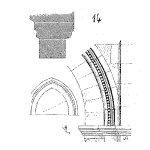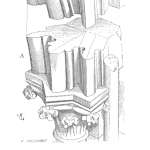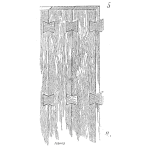
[This is a companion article to “Using Design FMEAs to Identify Special Product Characteristics.” These two articles should be read in sequence.]
Identification and application of special product and process characteristics help to focus assembly and manufacturing processes on the most important areas, in order to achieve the right outcomes.
“Science is the process that takes us from confusion to understanding” – Brian Greene












 Ask a question or send along a comment.
Please login to view and use the contact form.
Ask a question or send along a comment.
Please login to view and use the contact form.